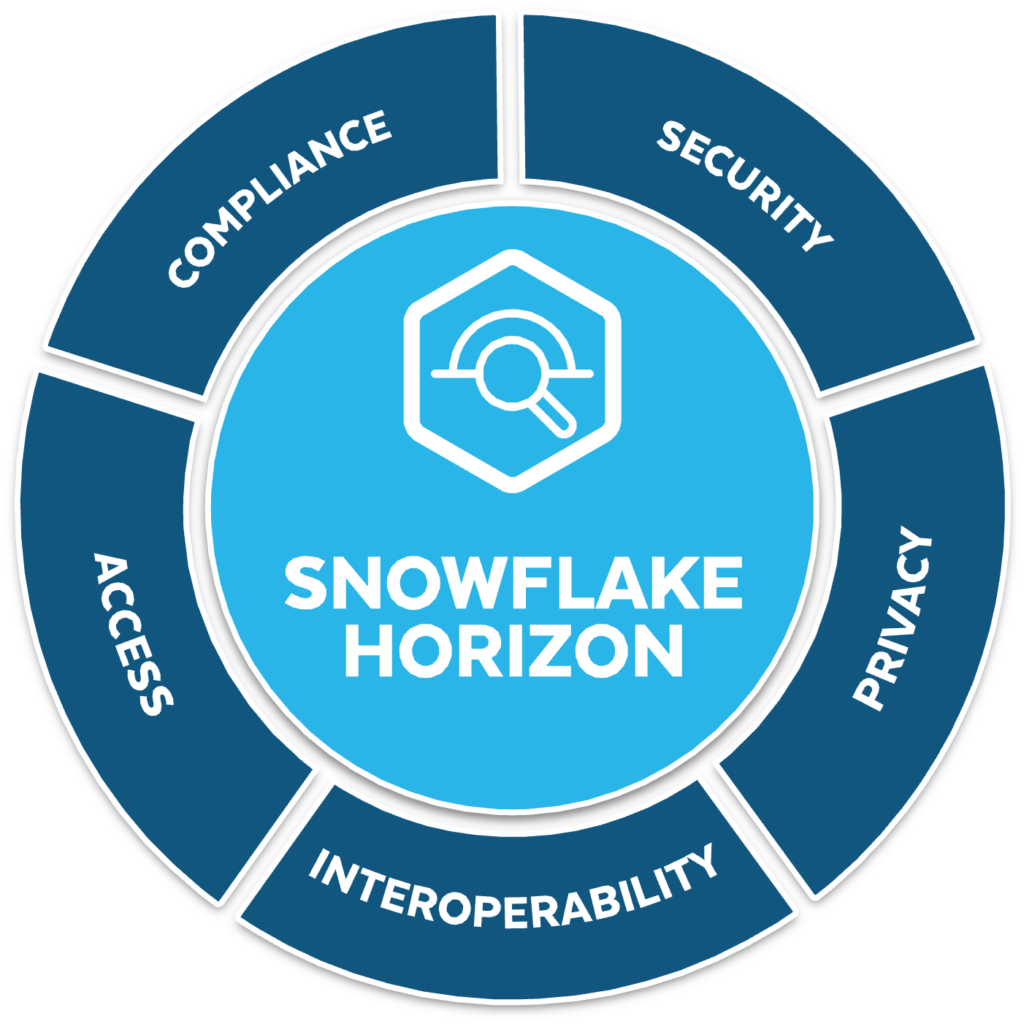Business owners need to prioritize data privacy and compliance. A failure to follow data privacy compliance procedures can result in significant losses for a business. Therefore, firms in the digital age must view safeguarding data privacy and data protection compliance as a competitive advantage in their core business.
An organization must know where its data is housed, how it moves through its IT systems, and data governance implementation procedures. As part of the broader topic of data governance, creating access controls to protect personal information from unauthorized access, obtaining consent from data subjects where appropriate, and preserving sensitive data integrity are all parts of ensuring data security and compliance.
This article will explore the essentials of Data Privacy and Compliance, particularly:
What is Data Privacy Compliance?
In data compliance, the border between lawful and criminal isdrawn by privacy compliance. Data compliance regulations protect customers to ensure data is appropriately managed. Firms must adhere to legal data compliance requirements to avoid hefty fines.
Data privacy compliance companies usually establish a data compliance policy outlining how their organizations, regardless of size or industry, satisfy regulatory data compliance and legal obligations. The policy outlines the collection, processing, and storing of personal information. Data privacy breaches can result in legal ramifications, including investigations and fines; hence, maintaining data security compliance standards is critical.
Examples of Data Privacy Compliance Regulations
It might be challenging to determine which personal data compliance or security compliance regulations apply to your firm and which do not. With regulations constantly increasing, it does not matter how the size of your company. The longer you delay implementing internal compliance data standards, the more likely you are to become non-compliant with applicable data privacy regulations.
Your business can utilize the following existing data privacy laws as a guide to influence its regulatory compliance policies.
General Data Protection Regulation (GDPR)
The well-recognized response of the European Union to privacy issues is the General Data Protection Regulation, or GDPR. The GDPR, one of the most well-known data privacy laws, gave users control over their data when it took effect in 2018.
Although the GDPR only applies to businesses that provide services to residents of the European Union, it is still a good idea to become familiar with its rules even if all of your clients are in the United States. Since the GDPR is the broadest regulation available, other countries may use it as a model for their consumer data protection laws.
An incremental scale of fines is used as punishment for GDPR infringement. In the most extreme circumstances, a fine of 4% of the company’s global annual turnover or 20 million Euros can be imposed.
Health Insurance Portability and Accountability Act (HIPAA)
The Health Insurance Portability and Accountability Act, or HIPAA, is a federal law in the United States that guards Americans’ personal and customer data related to their medical records and personal health information. It most importantly outlines the obligations of healthcare professionals and organizations in the healthcare industry to protect patient information.
Unfortunately, purchasing bogus medications and submitting false claims to medical insurance using healthcare information is possible. It is also jam-packed with private data that can be used for identity theft, including names, social security numbers, and addresses. Given the stakes, the importance of HIPAA cannot be overstated.
The Privacy Rule under HIPAA similarly uses a tiered approach for annual penalties. HIPAA’s maximum fine for each infraction is $1.5 million per year. However, the maximum penalty is only levied on firms that disrespect HIPAA standards by failing to remedy violations and privacy issues.
Payment Card Industry Data Security Standard (PCI DSS)
The Payment Card Industry Data Security Standard, or PCI DSS, is a set of guidelines for businesses that handle, store, or transfer credit card information. PCI DSS applies to both electronic and paper records.
Building a secure network, implementing specific access restrictions for cardholder data, maintaining a regularly tested security system, and running a vulnerability management program are all requirements for organizations that must adhere to the PCI DSS.
Every month that a company is not in compliance with PCI DSS requirements; they risk losing their ability to accept credit and debit cards and face fines of up to $100,000.
A Guide to Data Governance for Privacy, Confidentiality, and Compliance
To enhance your data compliance procedures, you must first recognize the compliance rules that relate to you and your company. In addition, here is a comprehensive list to guide your data governance endeavors for compliance, privacy, and confidentiality.
Be Aware of All Types of Data You Own
It is critical to comprehend the data you own.
All laws require the identification of personal information. This identification is the ideal place to start when looking for data security compliance because the types of data you hold will dictate which information security requirements and legislation you must follow.
Establish a Data Compliance Strategy
It can be difficult, but not impossible, to design a privacy and data protection program that satisfies the requirements of a patchwork of laws and regulations.
Your company’s efforts to make wise data security decisions will not automatically result in data security compliance. To meet the various compliance requirement severy organization must have a detailed plan outlining the regulations it must adhere to, along with an action plan for achieving and maintaining compliance. Companies may engage with third-party data security platforms to ensure and maintain data security compliance.
Conduct Routine Data Assessments
Many firms achieve compliance once and consider it done. However, the goalposts, legislation, and consumer data standards constantly change. On top of this, new hires or leadership may not prioritize the firm standards you have set.
In this context, regular data assessments help establish where you stand, improve compliance and security, and optimize data protection practices.
Conclusion
With the steep penalties and irreparable harm to your brand’s reputation resulting from a failure to meet data privacy requirements, means that improving your cybersecurity and data protection capabilities is a crucial part of data governance for your business.
To learn more:
- easily enabling access to data, even if that data is located across multiple platforms
- continuously discovering sensitive information
- creating security policies, including fine-grained security policies
To see how Satori can help with all your data needs, book a demo with Satori today to see how you can improve your data privacy.



